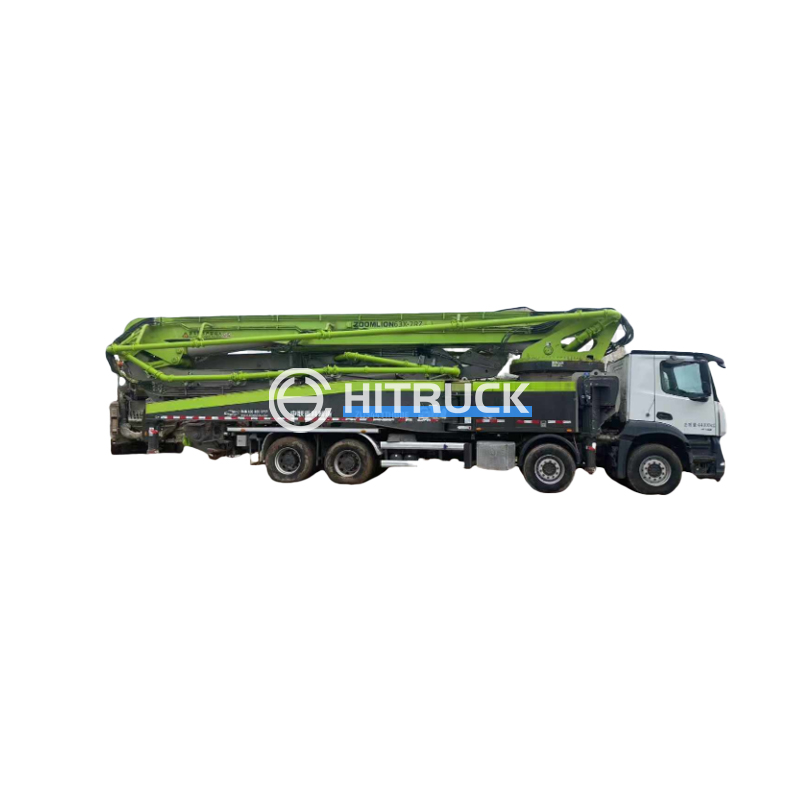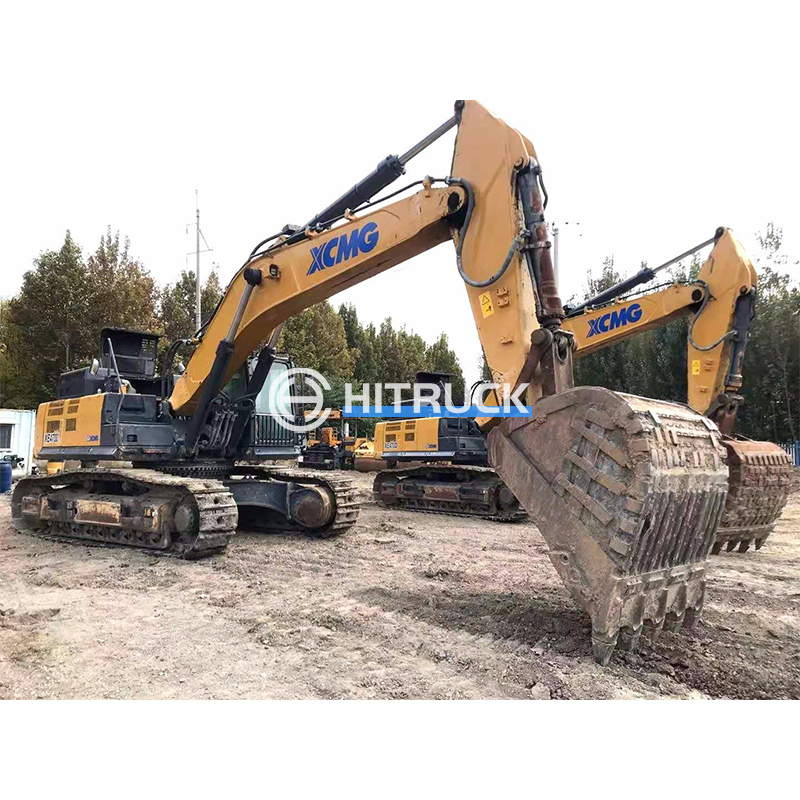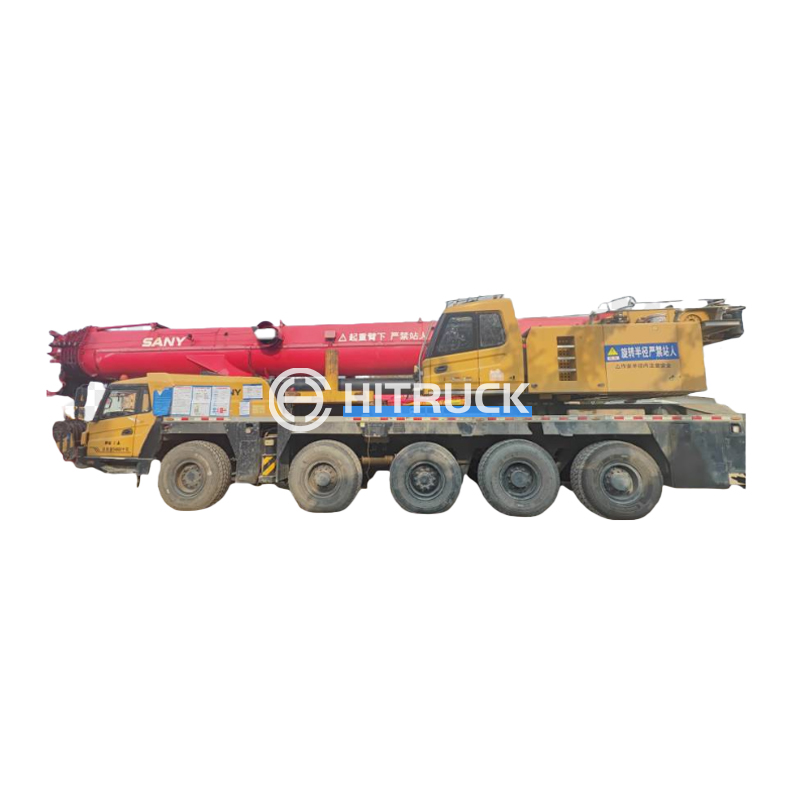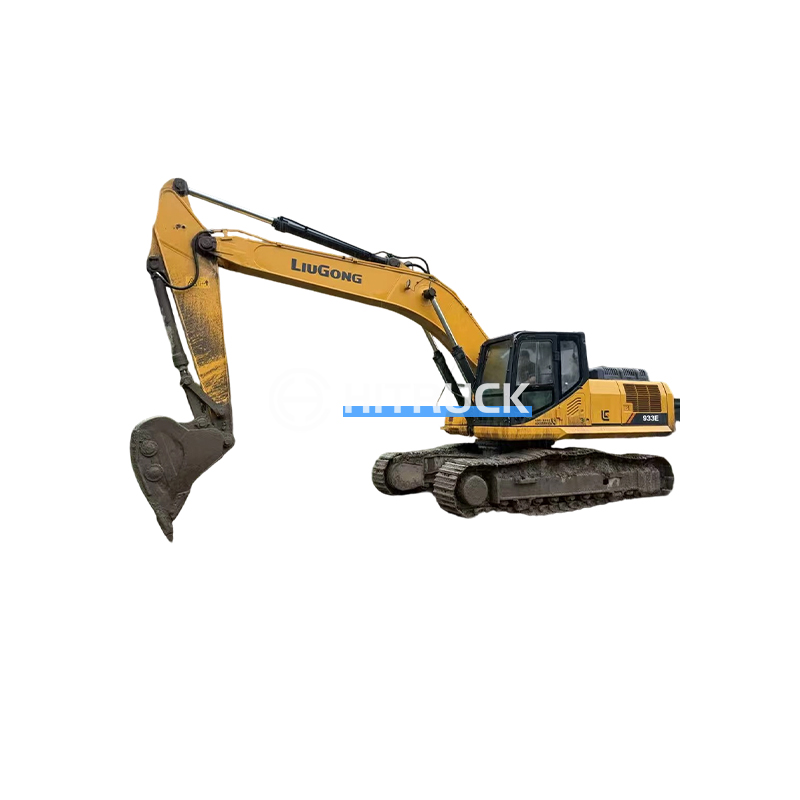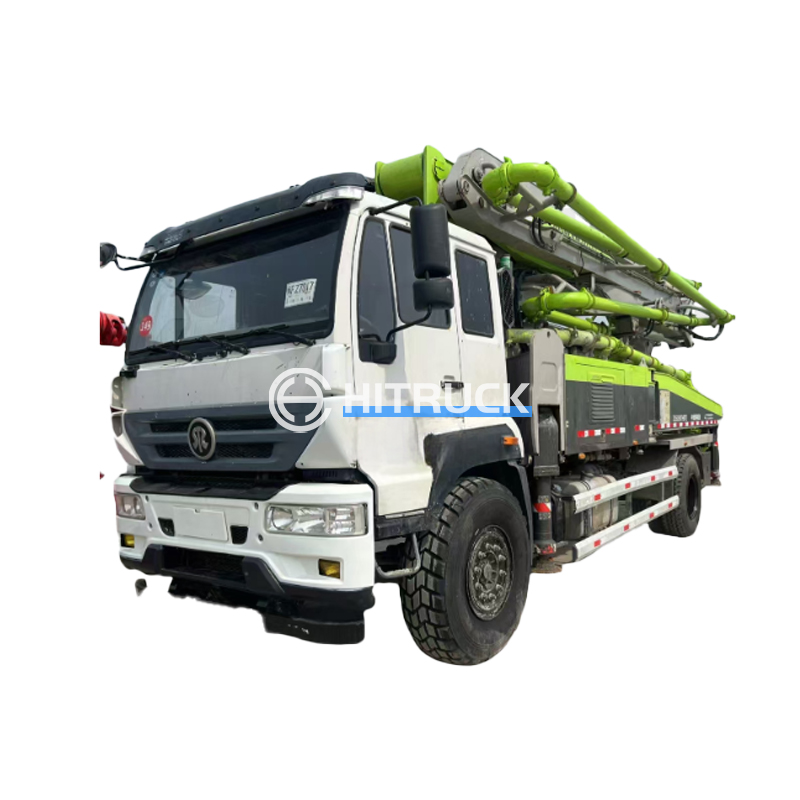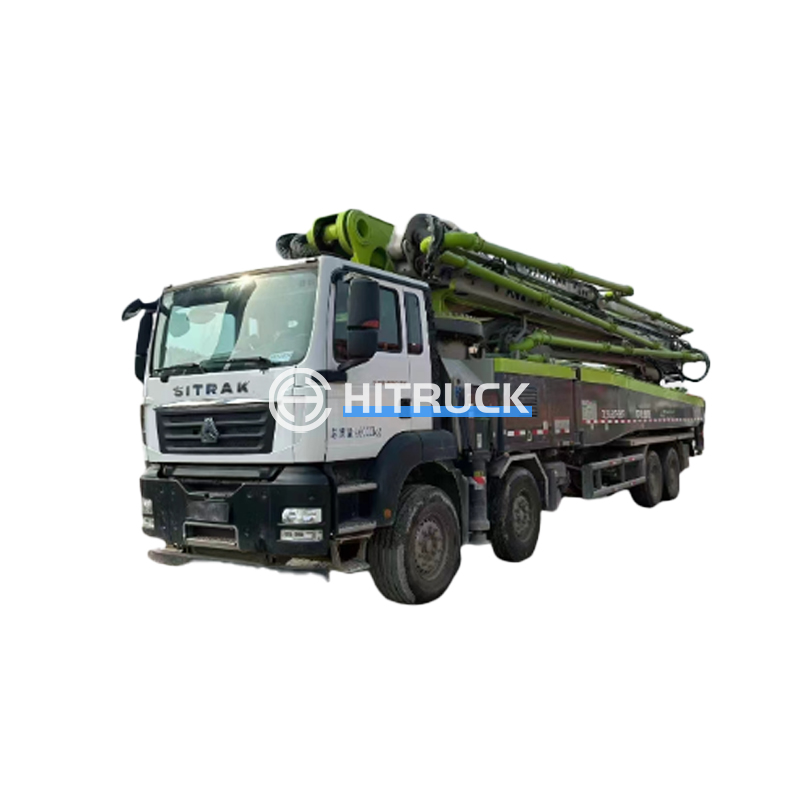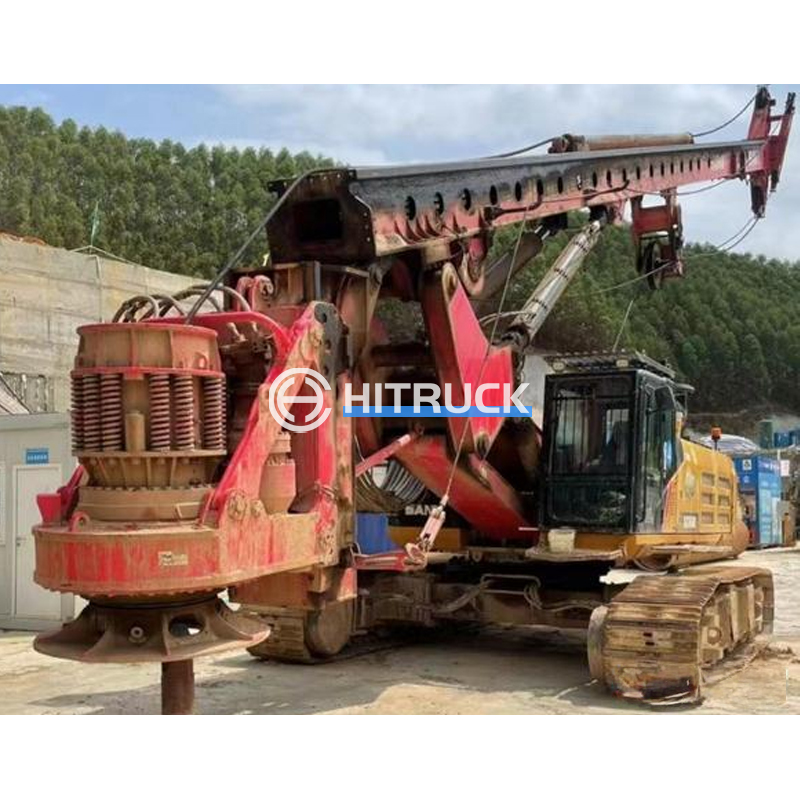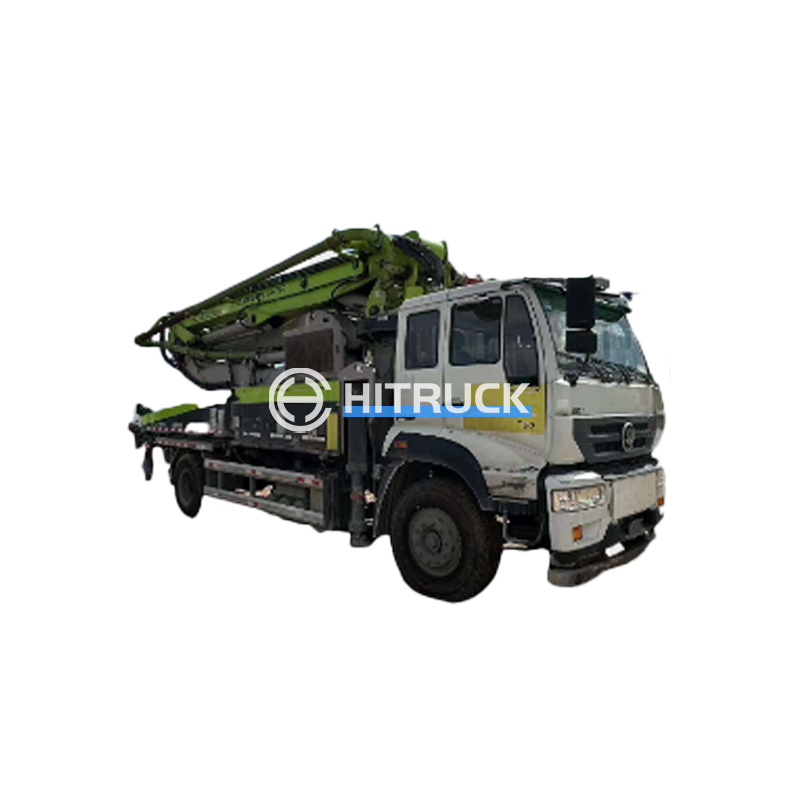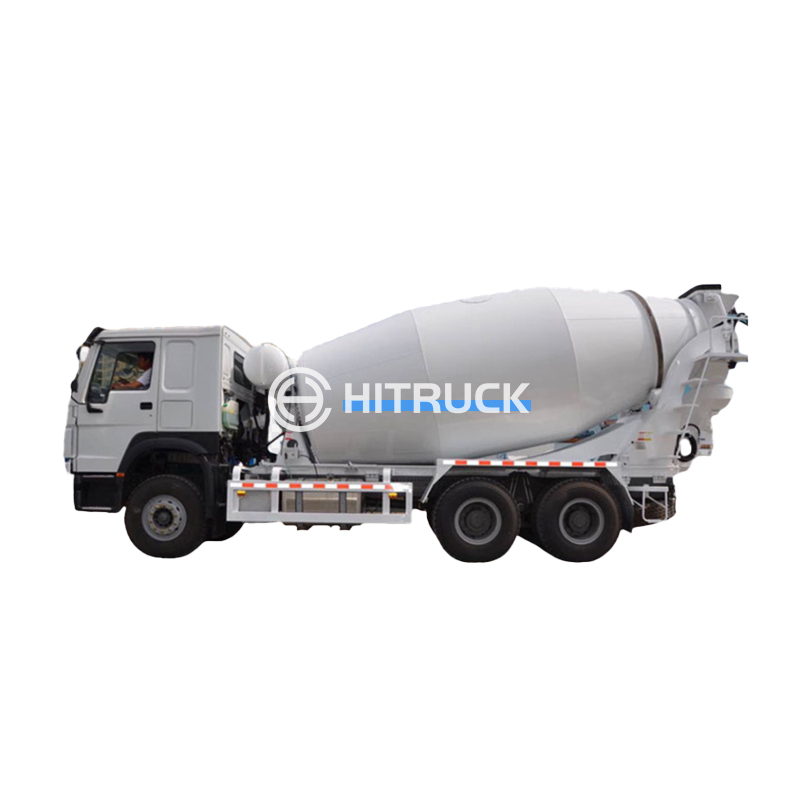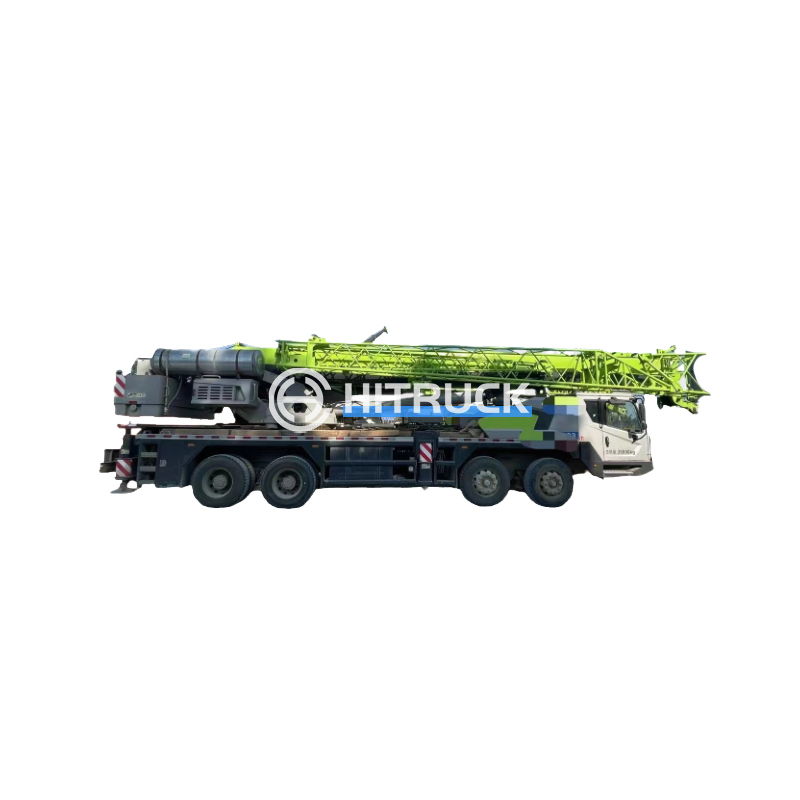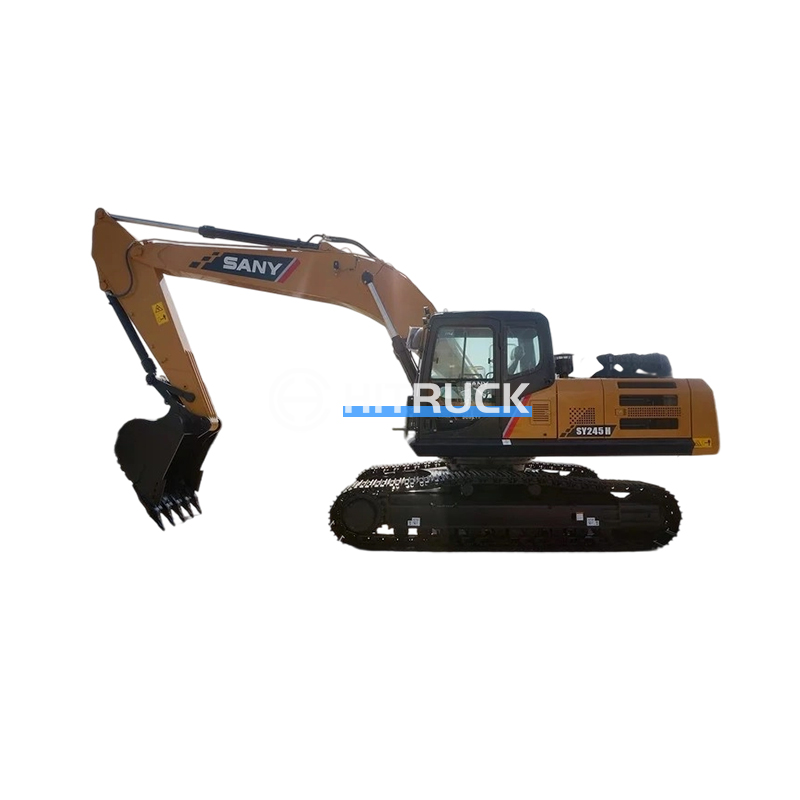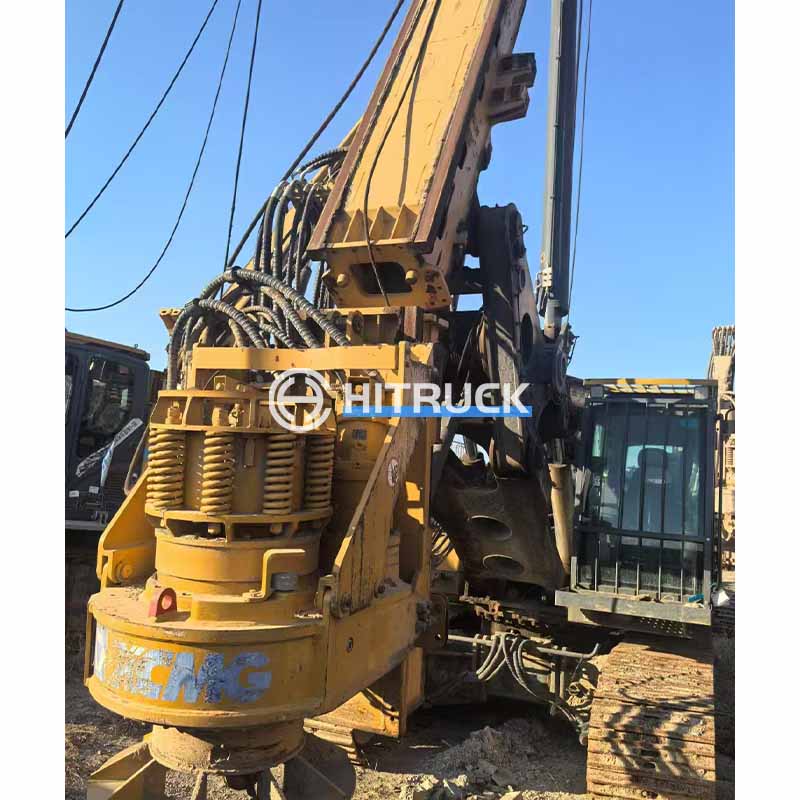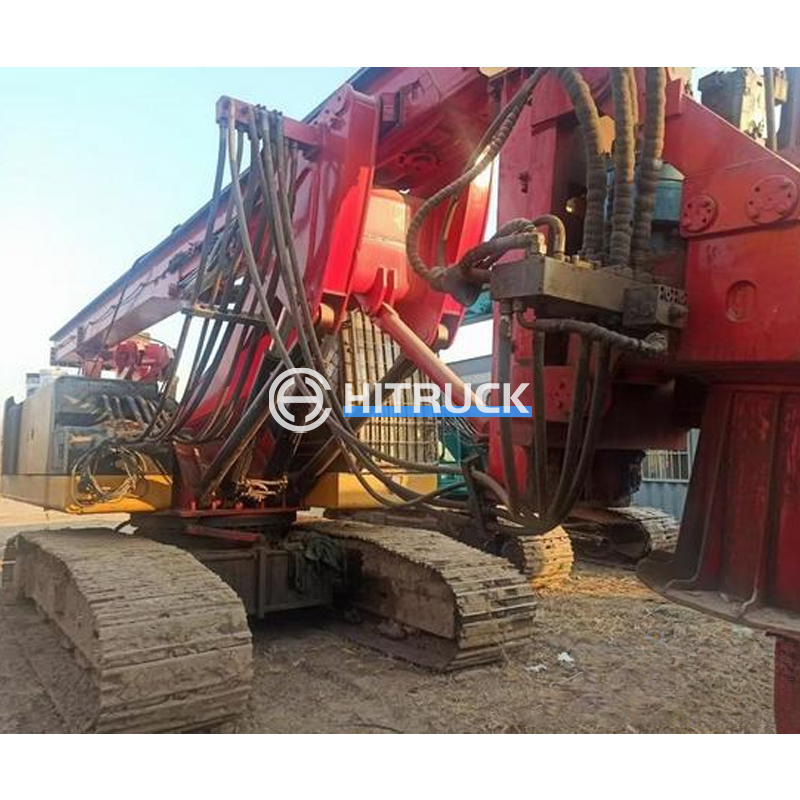Finding the Right Small Mixer Truck for Your Needs
This guide helps you navigate the world of small mixer trucks, covering key factors to consider when choosing the perfect model for your specific project. We'll explore different types, sizes, features, and maintenance, ensuring you make an informed decision.
Understanding Your Needs: What Size Small Mixer Truck Do You Need?
The ideal small mixer truck depends entirely on your project requirements. Consider the volume of concrete you need to mix and transport per day, the accessibility of your job sites (narrow streets or tight spaces might necessitate a smaller, more maneuverable truck), and the type of work you undertake. Smaller trucks, typically under 7 cubic yards, are suitable for smaller projects such as residential driveways or minor repairs. Larger small mixer trucks offer increased capacity but might be less agile in confined spaces. Think about your budget too – larger trucks generally cost more to purchase and maintain.
Types of Small Mixer Trucks
Small mixer trucks come in various configurations. Some are self-loading, reducing the need for separate loading equipment, while others require manual or external loading. Drum sizes vary significantly, affecting both capacity and maneuverability. Some models offer features like power steering and improved visibility, enhancing operator comfort and safety. For instance, a popular choice for smaller construction jobs is a truck with a 3-5 cubic yard drum, offering a good balance of capacity and maneuverability. For larger, more frequent mixing needs, a 6-7 cubic yard model might be a better fit.
Key Features to Look For
Drum Capacity and Type
The drum capacity is a critical factor. Ensure the capacity aligns with your project's concrete requirements. Drum types include cylindrical and conical, each having slightly different mixing characteristics. Consider the drum's material and its resistance to wear and tear.
Engine and Power
The engine's power directly impacts the truck's mixing efficiency and maneuverability, especially on inclines. Check the engine's horsepower and torque specifications to ensure they suit your working conditions. Fuel efficiency is another important consideration for long-term cost savings.
Maneuverability and Dimensions
Especially important in urban or congested environments, maneuverability depends on the truck's overall dimensions, turning radius, and wheelbase. Smaller dimensions are often preferable for navigating narrow streets and tight job sites. Consider the overall height when working under low-hanging structures.
Safety Features
Prioritize safety features such as robust braking systems, emergency stops, and clear visibility from the driver's seat. Check for compliance with relevant safety standards and regulations.
Maintenance and Operational Costs
Regular maintenance is crucial for prolonging the lifespan of your small mixer truck and preventing costly breakdowns. Factor in the cost of routine maintenance, including oil changes, filter replacements, and inspections. Fuel costs, tire replacements, and potential repairs should also be included in your budget calculations.
Where to Buy a Small Mixer Truck
Several reputable dealerships and manufacturers offer a wide range of small mixer trucks. Online research can help you compare models and prices. Consider visiting dealerships to test drive potential options and assess their suitability to your requirements. For reliable trucks and excellent customer service, consider checking out Suizhou Haicang Automobile sales Co., LTD for quality options.
Choosing the Right Small Mixer Truck: A Summary
| Factor | Considerations |
| Project Size | Volume of concrete needed, job site accessibility |
| Truck Size | Drum capacity, maneuverability |
| Features | Engine power, safety features, self-loading capability |
| Budget | Purchase price, maintenance costs, fuel consumption |
By carefully considering these factors, you can find the perfect small mixer truck for your specific needs, ensuring efficiency and success on your projects.




